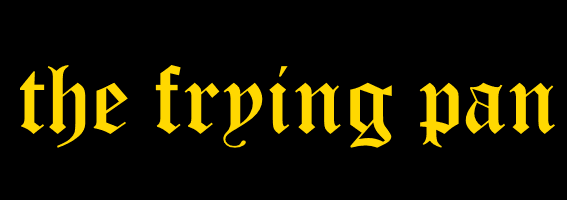Pigs Pigs Pigs Pigs Pigs Pigs Pigs
Feed the Rats
2017
Rocket Records
What Pigs (x7) are in a nutshell is a louder-than-life stoner rock band, in a very similar vein to Motorpsycho, Wolfmother, or maybe even Black Mountain. This is evident from the short track listing, composed of three long amalgams of frenzied panic and mental decomposition in song form. It should be noted though that this Motorpsycho comparison is more directed towards the 90's form of the band, such as Lobotomizer or even Trust Us, as Pigs (x7) doesn't carry the baggage of prog-rock subtleties (or perhaps in this case unsubtleties) of MS's more recent material, instead opts for the more amateurish, noise aspects of what composed much of Motorpsycho's earlier sound.
Don't get the wrong idea though, because I believe Pigs (x7) and their debut Feed the Rats are able to stand out from their influencers, no matter how many various lines can be drawn between them. As mentioned before there is a short track list, unsurprisingly of three songs, two of which are 15 minute (or more) behemoths of drugged-up strength. Even though they are different in run-times, they still revolve around a similar formula -- to assault you with a fuzzy clout on your eardrums. Pigs (x7), like many heavy stoner rock shit-bands, have a sole objective to hit you with as much sound as possible until it knocks you dead, no matter how long it may take. I do believe this was achieved, at least at certain points. 'Icon' in particular had several extremely enjoyable moments, but unfortunately due to it's length I doubt I'd find myself casually listening to it. That doesn't mean that I wouldn't find myself taking a sit-down like I do with many other even longer stoner albums. The double-guitar cacophony of Sam Grant and Adam Ian Sykes becomes almost enchanting in their monotonous crunching, aided by the pained howls of Matt Baty (who's voice is uncannily akin to Steve Brooks of Floor).
Pigs Pigs Pigs Pigs Pigs Pigs Pigs is an oddly-named but very enjoyable unit whose expression of their craft is very sonically enticing. A no-holds-barred band with a raucous attitude awaits within the embrace of the painted pastor.
2017 - The Frying Pan & Thatcher
Have a nice day!








